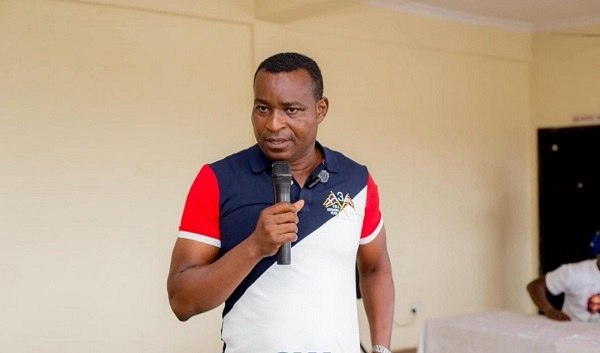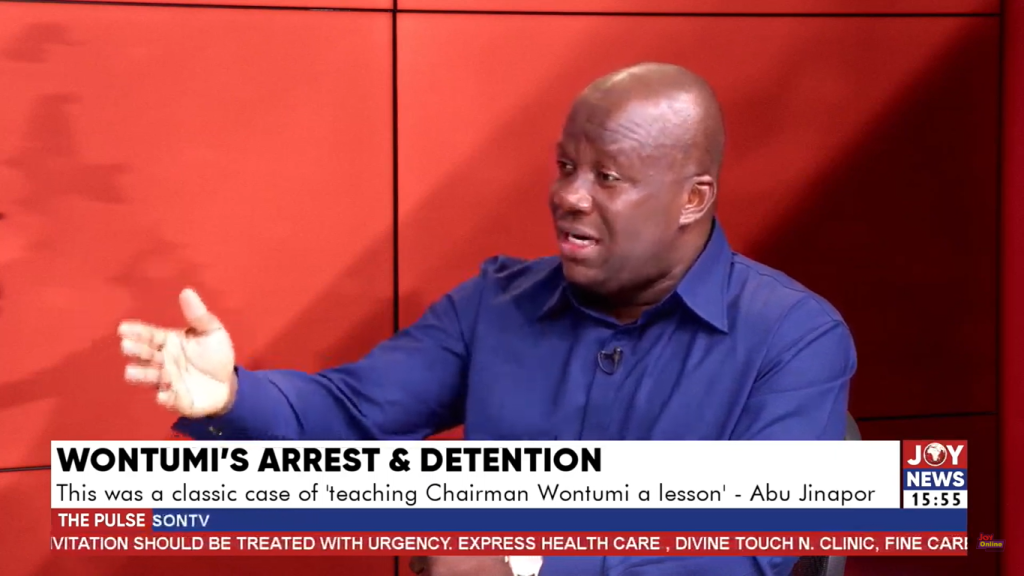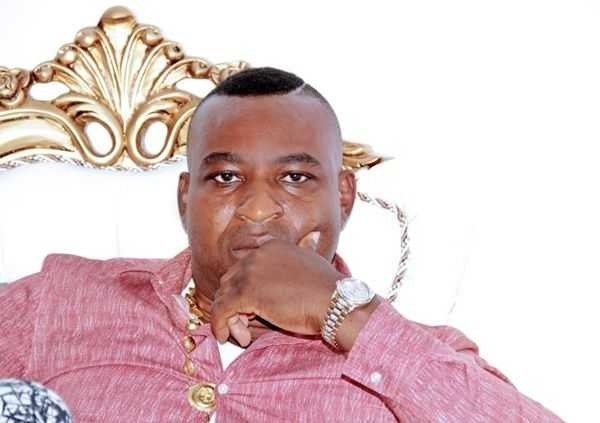Ghanaian Politician Chairman Wontumi Faces EOCO Investigation and Detention

Bernard Antwi Boasiako, popularly known as Chairman Wontumi, the Ashanti Regional Chairman of the New Patriotic Party (NPP), is at the center of a significant legal and political development in Ghana. He is currently under investigation by the Economic and Organised Crime Office (EOCO) for a range of serious criminal offences and remains in custody after failing to meet bail conditions. The allegations against him include fraud, money laundering, causing financial loss to the state, and alleged involvement in an international organised crime network.
The investigation was confirmed by Deputy Attorney General and Minister for Justice, Justice Srem Sai. He disclosed that Wontumi has been in EOCO custody since Tuesday, May 27, 2025, following an appearance at the Criminal Investigations Department (CID) in Accra, after an earlier attempt to detain him on May 23 failed. Justice Sai highlighted that the investigation encompasses Wontumi's alleged role in a broader international organised crime operation, with EOCO collaborating closely with international law enforcement agencies. Concurrently, asset recovery processes are underway to prevent the dissipation of assets suspected to be proceeds of crime. Wontumi's lawyer, Andy Appiah-Kubi, also indicated that EOCO's interrogation extends to his client's dealings with Exim Bank, and Wontumi has reportedly been served with a writ of summons by the bank.
Following his initial questioning on Tuesday, Chairman Wontumi reportedly fell ill and was hospitalized. Despite being granted bail by EOCO on Wednesday, May 28, in the substantial sum of GH₵50 million, he has remained in custody due to his legal team's inability to satisfy the stipulated bail conditions. EOCO's decision to continue his detention under these circumstances has become a focal point of the unfolding situation.
The detention of Chairman Wontumi has triggered strong reactions from the political sphere, particularly from members of his party, the NPP. The Minority Caucus in Parliament has vehemently protested his continued custody, with some alleging that the investigation and EOCO's actions constitute a political vendetta. Minority Chief Whip Frank Annoh-Dompreh accused elements within the National Democratic Congress (NDC) and President John Mahama of orchestrating a scheme to undermine the NPP's influence in the Ashanti Region through this case. In protest, Minority MPs boycotted parliamentary sittings on Thursday, May 29, vowing to abstain from all parliamentary proceedings until Wontumi is released. Earlier that day, several Minority MPs also marched from Parliament to EOCO headquarters in Accra to demonstrate against what they termed his prolonged detention.
Further criticism of EOCO's handling of the case came from Kojo Oppong Nkrumah, the Member of Parliament for Ofoase Ayirebi. He accused the agency of deliberately attempting to detain Chairman Wontumi beyond the constitutionally mandated 48-hour period. Oppong Nkrumah claimed that EOCO was intentionally delaying the process for meeting bail conditions, such as making evaluators for property sureties unavailable, effectively ensuring Wontumi remained locked up. He urged EOCO to grant Wontumi police inquiry bail, asserting his client's willingness to cooperate with further investigative procedures and describing the situation as a power play by the agency.
Amidst the claims of political persecution, counter-arguments have emerged emphasizing the gravity of the allegations against Chairman Wontumi. Some commentators dismiss the "political vendetta" narrative as preposterous, asserting that the law must apply equally to all individuals, irrespective of their political affiliation or status. This perspective often invokes the principle that "no person is above the law." To support this, comparisons have been drawn by some to past situations, such as allegations by former Environment Minister Prof. Kwabena Frimpong Boateng regarding high-level government involvement in illegal mining ('galamsey') during the Akufo-Addo administration, and claims that Chairman Wontumi himself was previously shielded by the same administration when accused of illegalities related to Akonta Mining. These points are raised to argue against perceived double standards and to underscore the necessity for the current investigation by EOCO, in collaboration with international partners, to proceed unhindered.
The investigation into Chairman Wontumi's affairs continues to unfold, attracting significant national attention and carrying potential implications for Ghana's political and legal landscape. Calls persist for the due process of law to be followed, allowing the investigation to run its course so that justice can be served without fear or favor.










